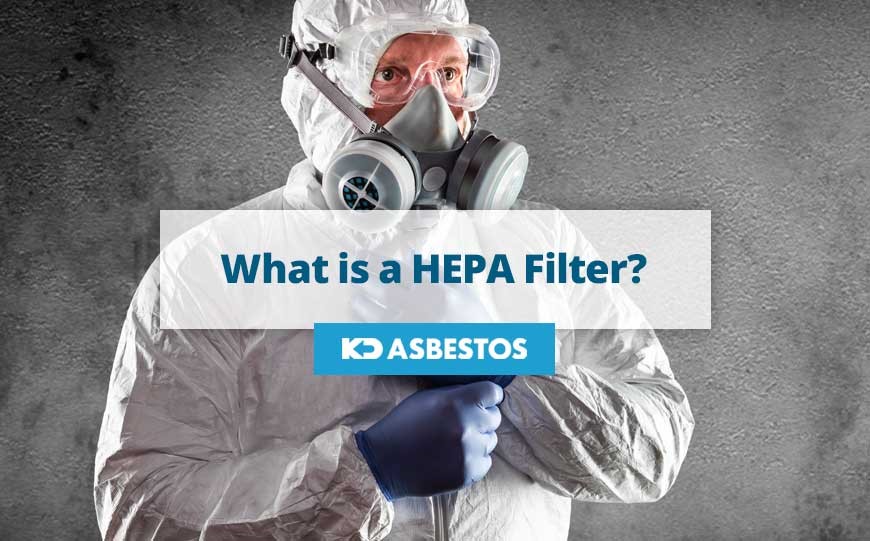
Table of Contents
What is a HEPA Filter?
People who suffer from allergies or respiratory conditions know how important it is to make sure that the air they breathe is free from dangerous particles as much as possible.
Until one starts to suffer from health problems or works in environments where there could be airborne toxins present, air quality is a consideration which unfortunately often goes underestimated.
Investing in an air cleaning device equipped with a HEPA filter is highly recommended.
Let us go a bit deeper into what a HEPA filter is and the benefits it can offer you.
What is a HEPA Filter?

Image source: Wikipedia
You will probably be impressed to note that the development of HEPA filters dates back to World War II.
At the time, American scientists with the Manhattan Project had created the very first HEPA filter.
This was used to capture radioactive particles that were released while making the atomic bomb.
Later in 1983, the HEPA standard and certification was established.
HEPA stands for High Efficiency Particulate Air.
This is a designation used for filters which are able to trap 99.97% of particles that are 0.3 microns in size.
This micron size is referred to as MPPS, and it is the most penetrating particle size.
Thus the HEPA filter is a high quality air filter which meets this standard.
Such filters are common components used in air purifiers and vacuum cleaners, as well as in biomedical applications, among others.
What Are HEPA Filters Made From?
Most HEPA filters nowadays are made from interlaced glass fibres.
These are twisted and turned in numerous directions in order to create a fibrous maze.
The fibres that are most commonly used are fibreglass or polypropylene, with diameters of merely 0.5 to 2.0 micrometres.
HEPA filters are designed to target various particle sizes.
Since the thin glass fibres used to make HEPA filters also comprise activated carbon, they can manage to absorb the unhealthy contaminants and pollutants from the air.
How Do HEPA Filters Work?
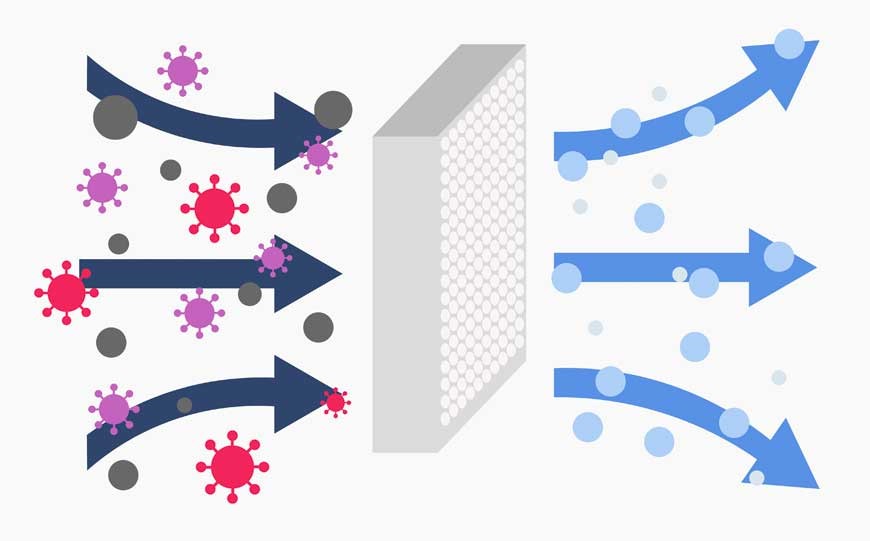
Image source: Shutterstock
While hazardous particles try to traverse the HEPA filter, they will end up either:
- Making a direct impact – in the case of large contaminants the collision will result in having them stick to the fibre. This includes pollen, dust and mould.
- Sieve through – the particle is carried by the air stream between the fibres, but if it is not that small it will get ensnared.
- Get intercepted – thanks to inertia, the particles will stick to the sides of the fibres.
- Diffuse – the small, very fine particles move very erratically, and as a result they are more likely to stick to the fibres when they hit them.
So as you may see, it’s very hard for particles to make their way through a HEPA filter.
But in the case of particles that do manage to pass through, there are other technologies which complement the HEPA filter’s function.
Chemicals, smoke, fumes and hazardous airborne material such as asbestos fibres will still be captured by means of activated carbon fibres, for example.
If we were to narrow it down further, from every 10,000 particles in the air, only 3 particles will manage to make their way through a HEPA filter.
This is because all the other particles will get trapped when coming into contact with the filter material, or drawn through it and contained within.
Benefits of a HEPA Filter
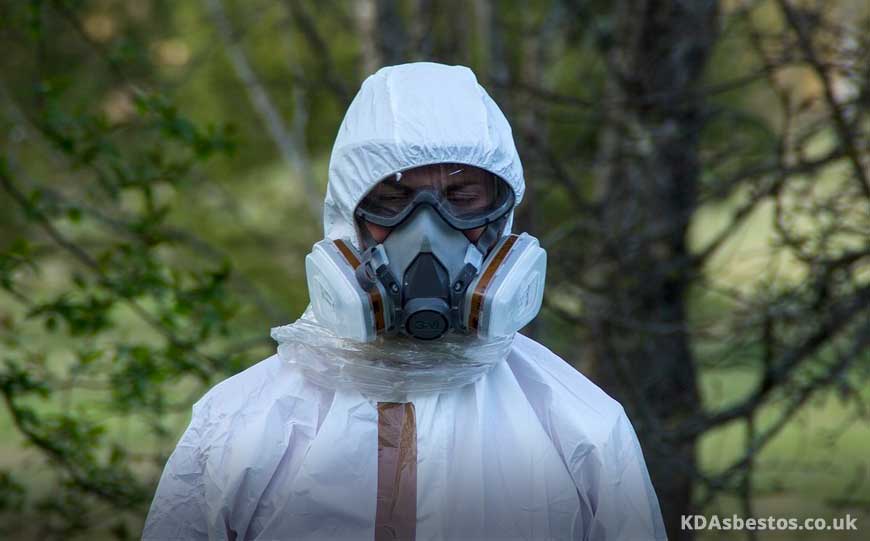
Image source: Pixabay
- HEPA filters are high quality filters, which are made following rigorous tests and approved against a high standard.
- HEPA filters are reliable and able to remove even very small airborne particles.
- HEPA filters are considered to be indispensable for high quality air filtration and they are key to reduce contaminants and irritants, allowing the air to be of a higher and safer quality.
- Many people are prone to allergies, often resulting from poor air quality. Since allergies can lead to various health risks apart from being highly uncomfortable and problematic to live with, it is highly recommended to invest in air filtration equipped with HEPA filters, both to ease allergy symptoms, as well as improve everyone’s health and wellbeing.
- HEPA filters also help to neutralise bad odours.
- Chemicals such as VOCs can be found in various products such as air fresheners and aerosol sprays. These can lead to problems such as headaches and nausea. Rather than making use of such products in order to try to get rid of any foul smells it is much better to invest in an air filtration system that can mask any unpleasant smells as well as trap dangerous air pollutants.
- HEPA filter systems are designed to work efficiently, and without generating any byproducts in the process. They are both effective and environmentally friendly.
- HEPA filters are easily accessible as they can be found in various products and applications including vacuum cleaners, home appliances, humidifiers and air purifiers.
Why Filter Dangerous Air Particles?
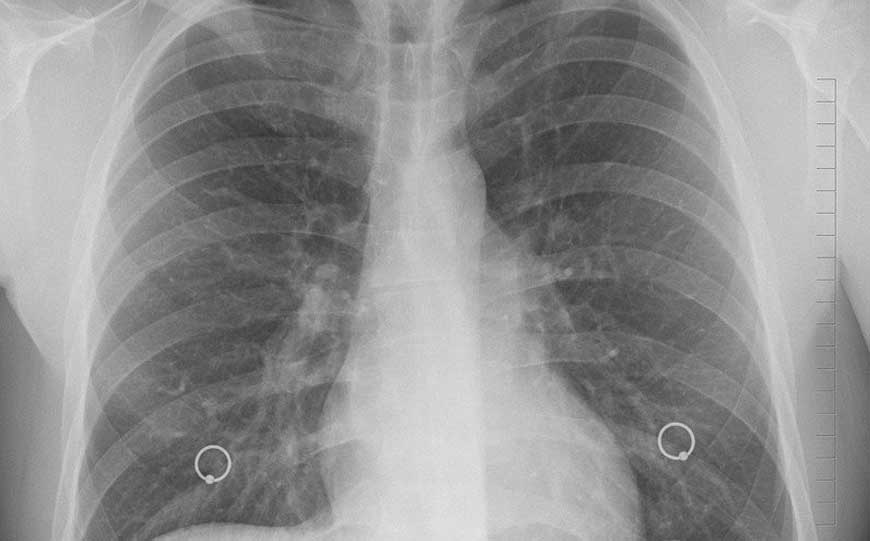
Image source: Pixabay
Certain air particles are microscopic, but they can be very dangerous.
They can lead to health problems, especially when they get lodged in the lungs.
Such air particles are irritants and can be very harmful to people who suffer from allergies and asthma.
Large particles such as mould spores, pollen, dust and allergens, can be removed by means of a HEPA filter.
In the case of smaller particles, such as PM 10 and PM 2.5 particles, which are merely 10 microns and 2.5 microns in diameter respectively, the problem is intensified.
Such particles manage to make their way down to the lungs, leading to various health problems.
Such particles come from pollutants such as chemicals, fossil fuels and from heavy traffic.
You will probably be amazed to note that particulate pollution causes hundreds of thousands of premature deaths annually in Europe.
This highlights the importance of making use of HEPA filters and any other filtration system that can help to remove dangerous particles from the air.
As noted earlier, HEPA filters are capable of removing 99.97% of such particles.
Reasons to Use a HEPA Filter
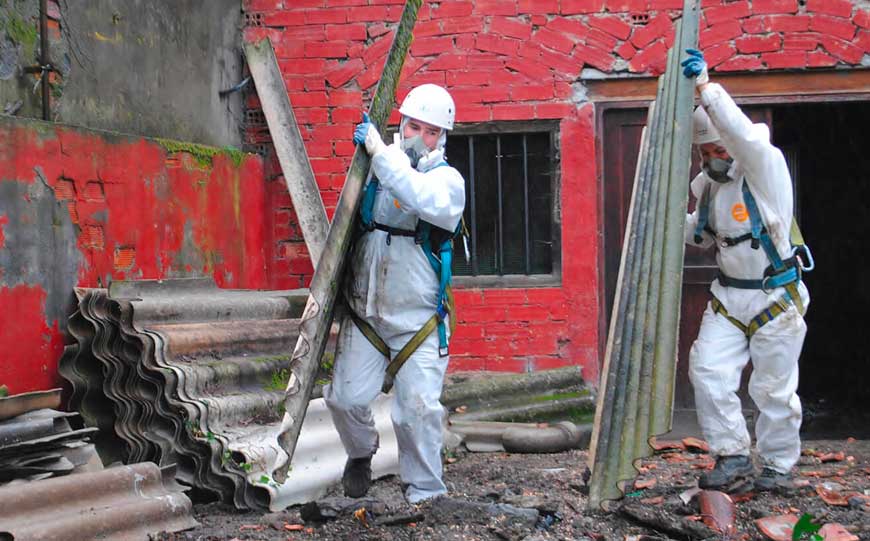
Image source: Adobe
The following are some of the reasons why HEPA filters should be used:
Smokers
Smoke particles are very dangerous.
This is a well known fact, and yet people still smoke and expose others in their surroundings to such hazards.
If you live or work in a place where smoking takes place, it is important to have an air purifier that has both a HEPA filter and a carbon filter.
The HEPA filter will remove the smoke particles from the air, while the latter type of filter will get rid of fumes, odours and gases.
Pets
If you have a pet at home, you surely know that pet dander is a considerable problem.
This can lead to allergies.
Thus it is highly recommended to invest in an air purifier that has a HEPA filter, as well as a carbon filter to effectively remove the allergens and odours from the air you breathe.
Young Children
A HEPA air filter is a great idea if you have a newborn baby or young children at home.
You will be offering safer and cleaner air for them to breathe, thereby reducing the possibility of having them suffer from allergies and other respiratory problems.
Asthma
A HEPA air purifier is highly recommended for asthma sufferers as it will remove the various common household allergens.
This includes dust particles, mould spores, dust mite feces etc, from the air.
Hazardous Materials
Professionals who work in places where hazardous materials are present must wear protective breathing apparatus.
This may include laboratory technicians, asbestos abatement specialists, and hazardous waste contractors.
In many instances, HEPA filter-equipped breathing gear will greatly reduce their chances of inhaling potentially fatal airborne materials that could lead to serious illness.
Conclusion
Investing in an air cleaning device is a great way to improve your wellbeing and health, while also guaranteeing better indoor air quality.
Considering the various benefits associated with this, this is definitely the way to go.
This is especially the case if you have young children, pets, or if anyone at home smokes or suffers from allergies or respiratory problems.
HEPA filters can offer you a safer and more sanitised air quality for all the family.